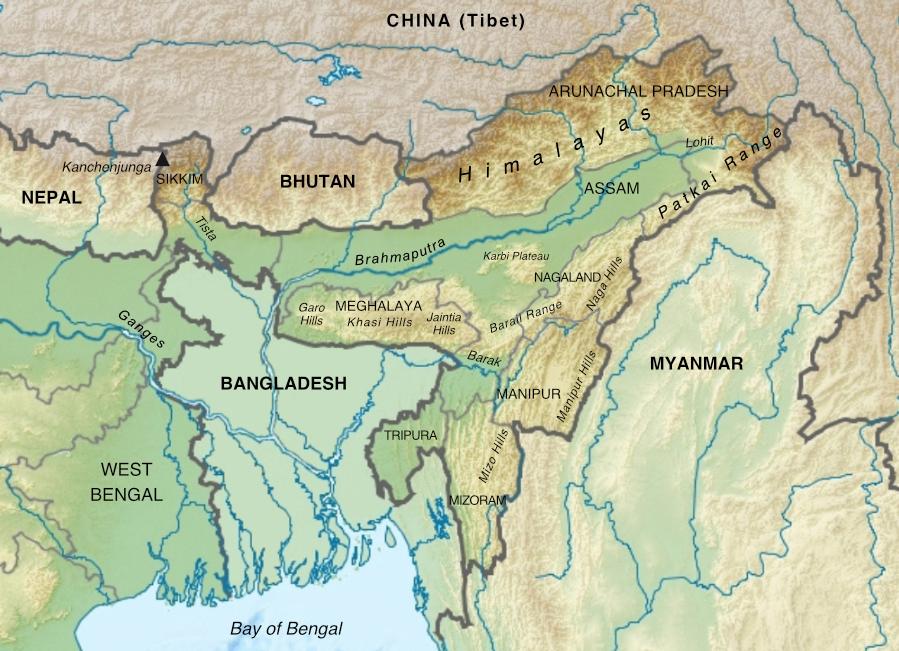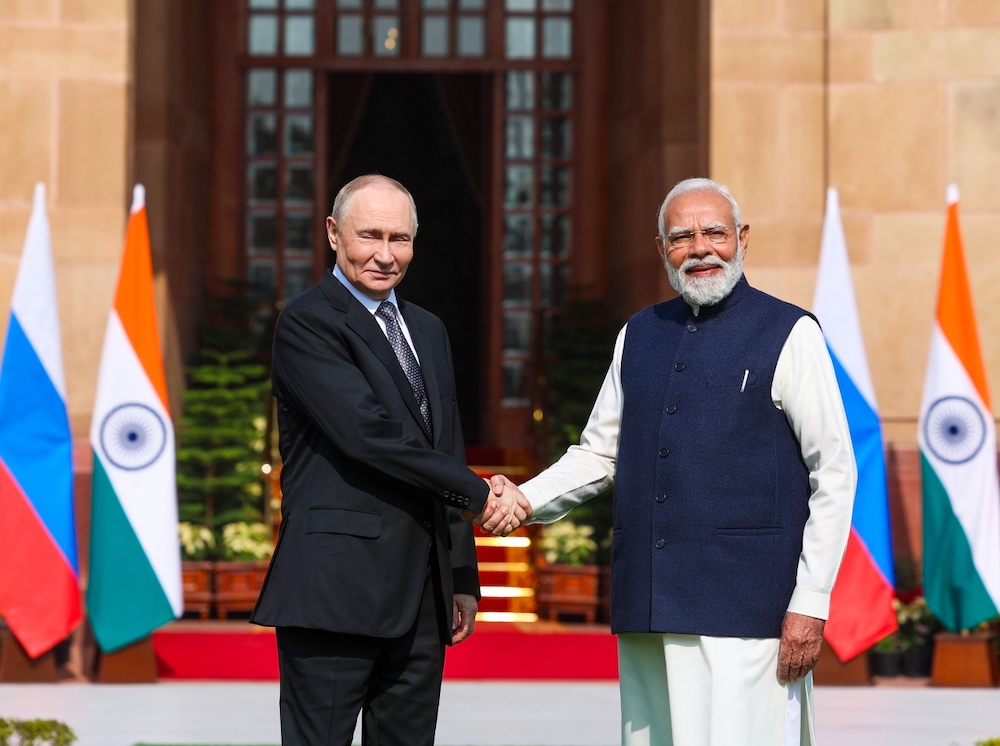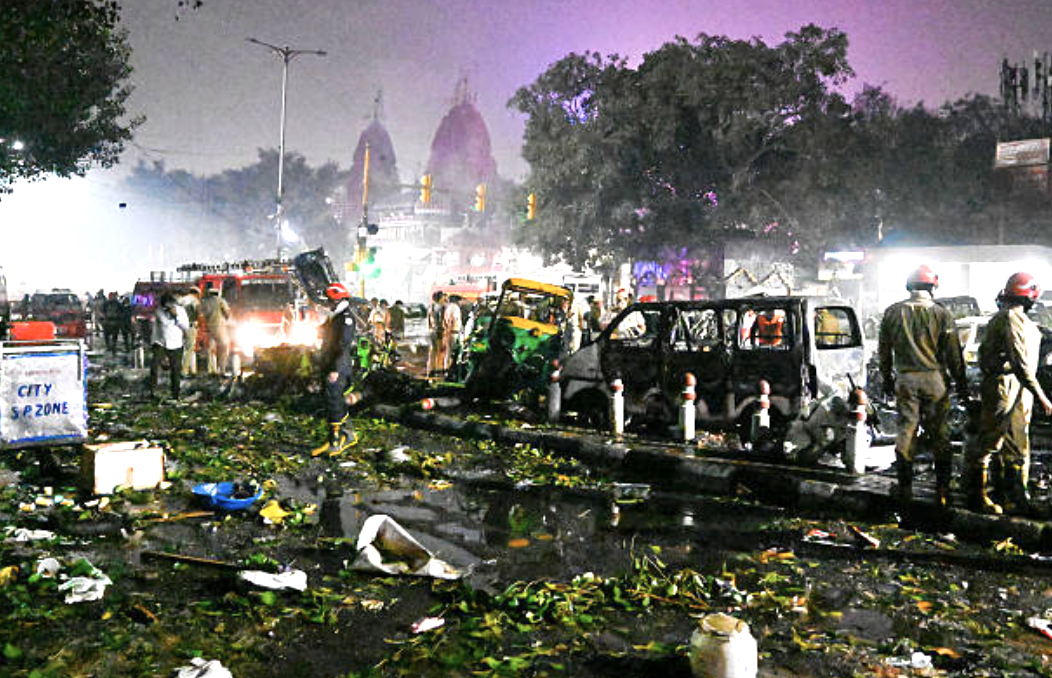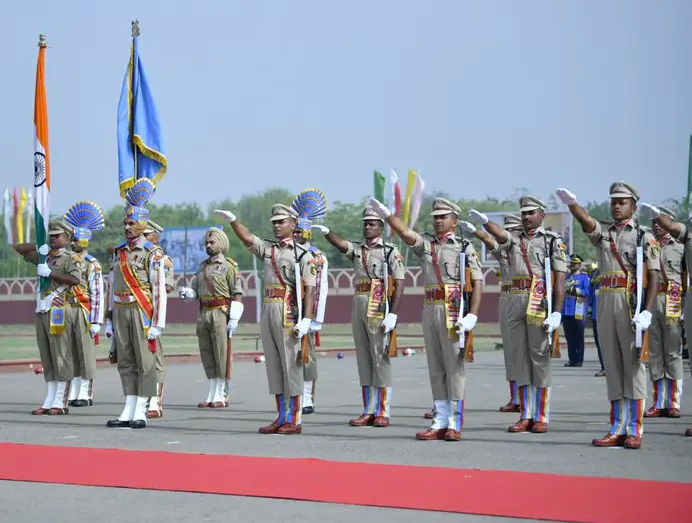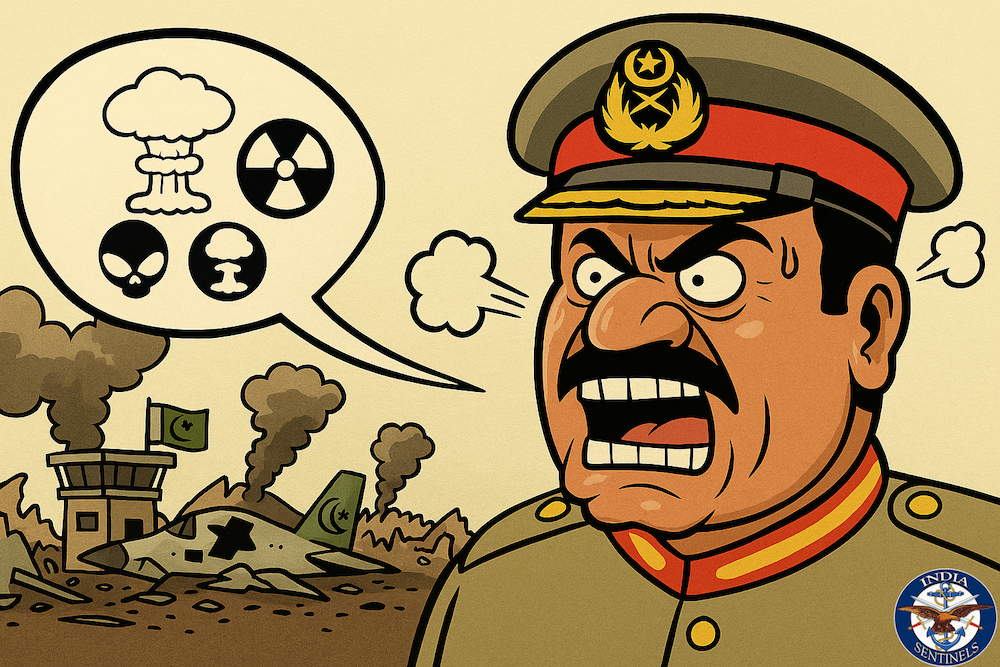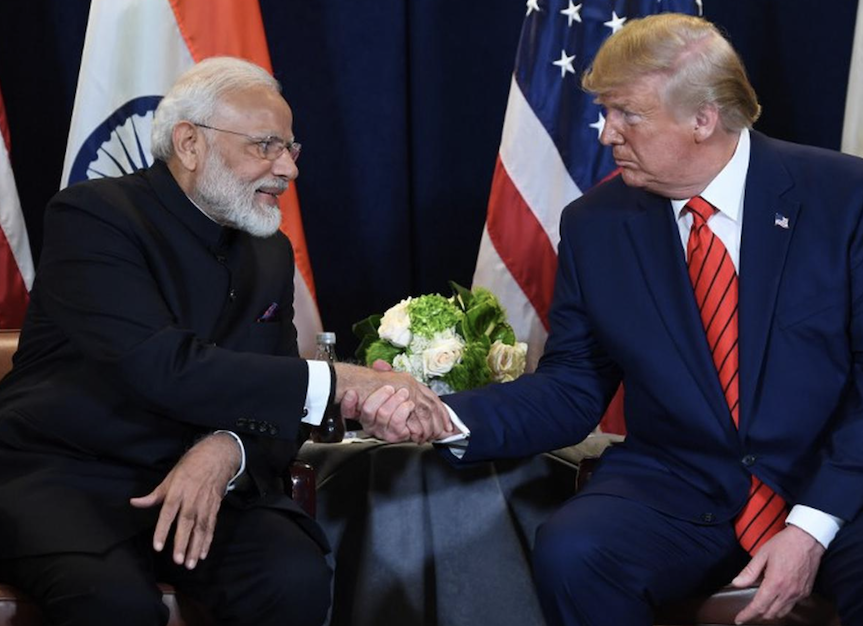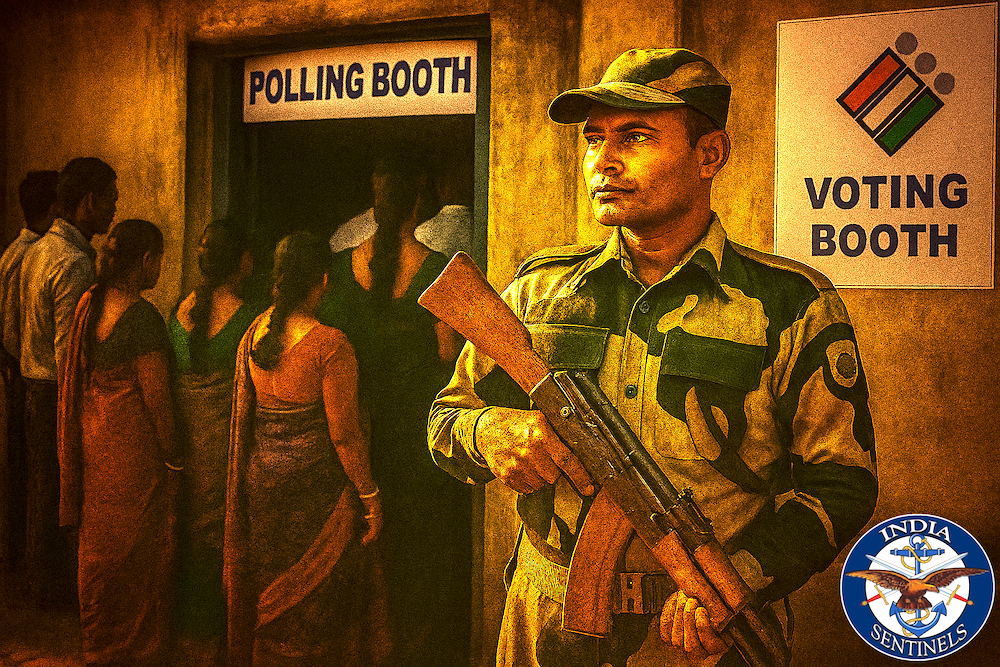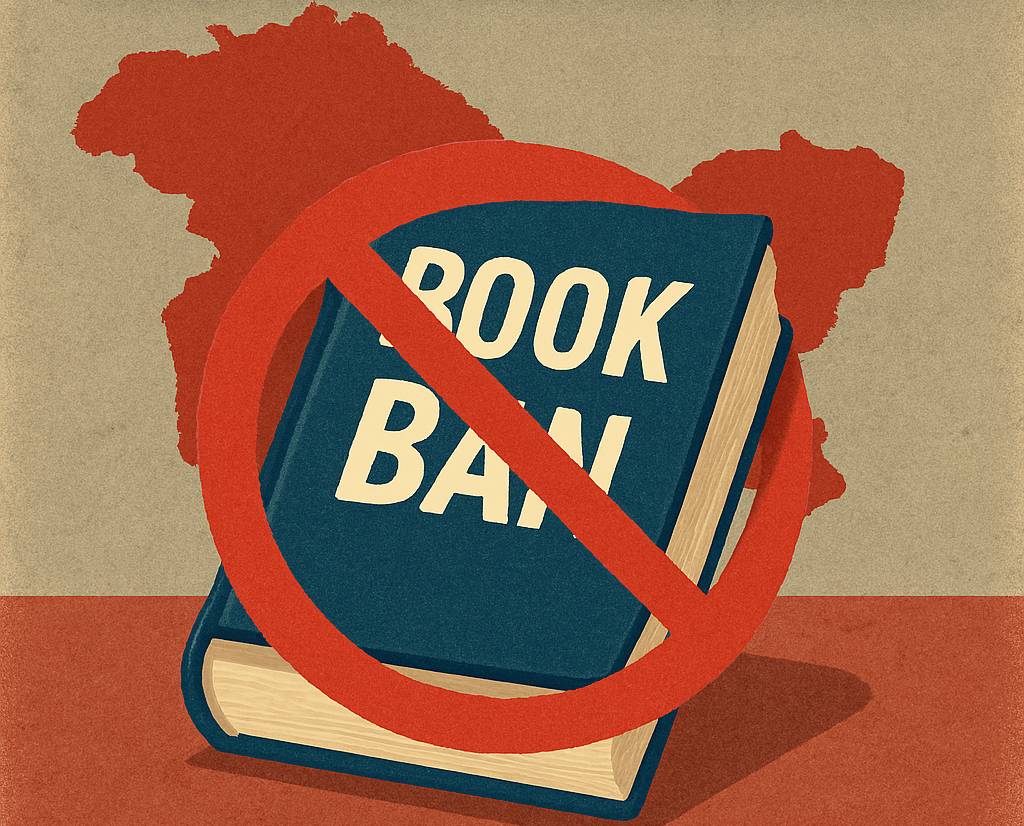 India Sentinels illustration for representation.
India Sentinels illustration for representation.
A troubling development has emerged from Jammu & Kashmir, one that deserves far more attention than it has received amid the political theatre surrounding Bihar’s Special Intensive Revision and the opposition leader Rahul Gandhi’s allegations about the 2024 Lok Sabha election.
The home department of the Union territory of J&K – directly controlled by the lieutenant governor – has banned 25 books, citing concerns that they spread “false narrative and secessionism”. The prohibited titles include works by distinguished authors such as AG Noorani, Arundhati Roy, and Anuradha Bhasin. Police have already begun conducting raids to seize copies of these banned publications.
This action appears starkly at odds with the Union home minister’s triumphant declaration in March 2024 that normalcy had been restored to the region and that “separatism is breathing its last” in the erstwhile state. What circumstances could have changed so dramatically within five months? What has shifted since an elected government took office barely a year ago?
The timing raises uncomfortable questions about the confidence levels within the security establishment and the civilian administration.
Read also: Akhand Bharat and ‘retaking’ Pakistan-occupied Kashmir
Censorship Futility and Real Battle
Banning books represents a fundamentally flawed approach to addressing separatist sentiment. Those with genuine intellectual curiosity about Kashmir’s complex history have likely already accessed these works or can easily obtain them from elsewhere in India or through digital platforms.
History teaches us that censorship often achieves the opposite of its intended effect – forbidden fruit becomes more alluring, not less. More critically, this heavy-handed measure fails to address the root causes of alienation that continue to simmer beneath the surface of apparent calm.
The contest for Kashmir has never been about territory alone – it is fundamentally about winning the hearts and minds of its people. The continued “otherizing” of Kashmiris, many of whom feel subjected to systematic discrimination, undermines any progress made through security measures or administrative changes.
Consider the experiences of ordinary Kashmiris. Two weeks after Parliament amended Article 370 in August 2019 and abrogated Article 35A granting special status to Jammu & Kashmir, conversations in Srinagar revealed deep disappointment among residents. While many acknowledged that Article 370 had been significantly diluted through previous amendments, what stung most was the triumphalist tone accompanying its abrogation – the unmistakable message that “we’ve sorted you out.”
The harassment and violence faced by Kashmiri students and workers in other parts of India has become disturbingly predictable. Whenever militant activity occurs in J&K or significant events unfold in the region, Kashmiris studying or working elsewhere become targets for vigilante groups who brand them anti-national.
This pattern was evident even after the recent Pahalgam tragedy. Despite locals providing shelter and assistance to victims’ families, and a local pony-ride operator losing his life while attempting to save tourists, the narrative quickly shifted to allegations of targeted killings based on religious identity. The resulting sporadic violence against Kashmiri students and traders further deepened their sense of alienation.
Read also: Modernization and reforming our border-guarding forces
Symbolic Wounds
Small incidents often carry disproportionate symbolic weight. When the chief minister, Omar Abdullah, had to climb over a graveyard gate to pay respects to 1931 martyrs, or when people were prevented from offering prayers at Srinagar’s Jama Masjid during Eid, these actions send powerful negative signals throughout the valley.
Perhaps most tellingly, reports suggest that Abdullah was not invited to security review meetings for the very territory he governs. Such exclusions undermine confidence not just among political leaders but among the broader population they represent.
Suppressing literature will not erase Kashmir’s complex history or the grievances it has generated. Instead of attempting to wish away contentious narratives, policymakers should focus on creating an inclusive framework that acknowledges different perspectives while building toward sustainable solutions.
The restoration of statehood represents a crucial next step. Democracy cannot take meaningful root when fundamental decision-making power remains concentrated in New Delhi. Kashmiris must feel they have genuine agency in shaping their political future within the Indian constitutional framework.
Equally important is ensuring that Kashmiris living elsewhere in India are protected from harassment and violence. The government must take concrete steps to prevent the ritualistic targeting of Kashmiri students and workers whenever tensions spike in the region. Such incidents not only violate basic principles of citizenship but actively work against the integration that the government claims to seek.
Read also: IPS officers vs CAPF officers – Unseemly tug of war
The Real Victory
The Supreme Court has settled the legal questions surrounding Article 370’s abrogation. The constitutional framework is clear. Now the focus must shift to the harder task of genuine reconciliation and integration.
Banning books may create an illusion of control, but it addresses none of the underlying issues that fuel discontent. Instead of restricting access to diverse viewpoints, the administration should demonstrate confidence in its vision by engaging with criticism constructively and addressing legitimate grievances.
The battle for Kashmir’s future will not be won in the pages of banned books or through administrative fiats. It will be won through sustained efforts to make every Kashmiri feel valued as an equal citizen of India – not as a subject to be managed, but as a partner in the nation’s democratic journey.
True victory lies not in silencing dissent but in creating conditions where it becomes irrelevant. That requires courage, patience, and above all, a genuine commitment to treating Kashmir’s people with the dignity and respect they deserve as Indians.
Disclaimer: The views expressed in the article are the author’s own and don’t necessarily reflect the views of India Sentinels.
Follow us on social media for quick updates, new photos, videos, and more.
X: https://twitter.com/indiasentinels
Facebook: https://facebook.com/indiasentinels
Instagram: https://instagram.com/indiasentinels
YouTube: https://youtube.com/indiasentinels
© India Sentinels 2025-26


